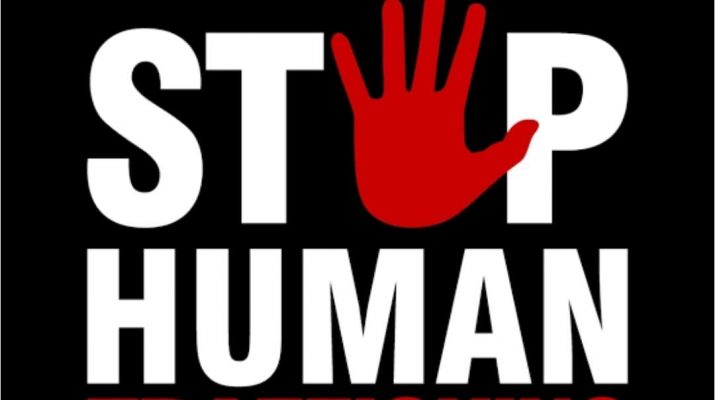By Ibrahim Adan
Today, as the world unites to commemorate World Day Against Human Trafficking.
It’s a well-crafted operation by organized criminal syndicates. This isn’t just a violation; it’s a calculated attack on human dignity.
The core of trafficking lies in exploiting vulnerability. Economic hardship, limited opportunities and social isolation.
These are the tools in the trafficker’s arsenal. These predators often use sophisticated digital platforms, from social media to fake job ads and dating apps, to cast their net.
They promise lucrative overseas jobs or a shot at higher education. They groom targets online, building trust, then systematically isolating them from their support networks.
Once the bond is forged, the trap snaps shut. Initial kindness transforms into outright manipulation. Victims are suddenly hit with “recruitment fees” or “travel expenses,” instantly putting them in inescapable debt. Upon arrival, their identity documents are seized, often unable to communicate, they are utterly at the mercy of their exploiters.
The promised job evaporates, replaced by forced labour in hidden factories, farms or private residences. Control is maintained through chilling threats to family back home, relentless psychological and physical abuse.
“I wish someone had told me the signs. I wish I had known that a job offer too good to be true usually is. Awareness is the first line of defense. It’s the shield we need,” said a survivor(anonymous).
Recognizing the signs of human trafficking is key. Look for individuals who appear isolated, show clear signs of fear or anxiety, bear unexplained injuries, might lack control over their own money or personal documents, or their movements might be heavily restricted.
Pay attention if someone else speaks for them, or if their responses seem rehearsed or disoriented. These are often glaring indicators of systematic control by an organized criminal enterprise.
Combating this crime demands immediate, collective action. If you suspect human trafficking, do not intervene directly.
This could endanger both you and the potential victim. Instead, discreetly and urgently report your concerns to the authorities or specialized anti-trafficking organizations.
In Kenya, critical helplines include: HAART Kenya Helpline:+254 780 211 113
Childline Kenya: Call 116 (Toll-Free) or +254 727 637 076
By understanding how these shadowy organizations operate, by recognizing the subtle yet critical indicators, and by knowing the precise steps for reporting, every Kenyan can become a vital part of the solution.
On this World Day Against Human Trafficking, let us commit to unwavering vigilance, compassion and decisive action, turning awareness into a formidable shield for the vulnerable and a weapon against this crime.

